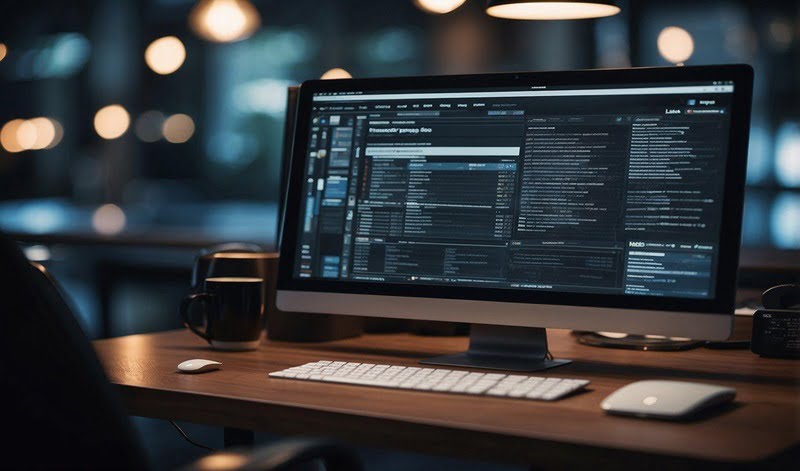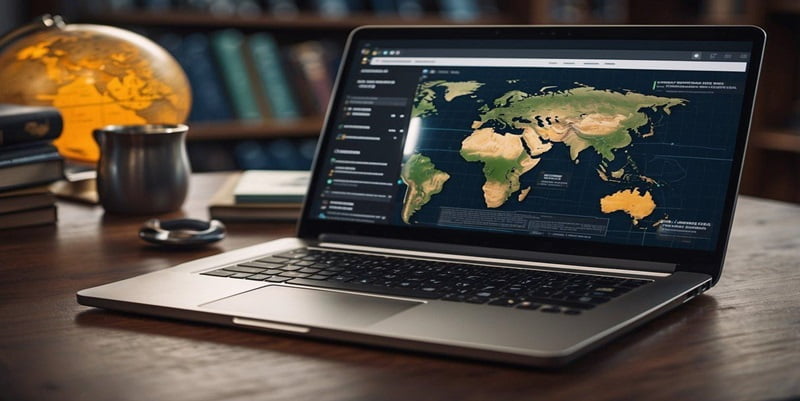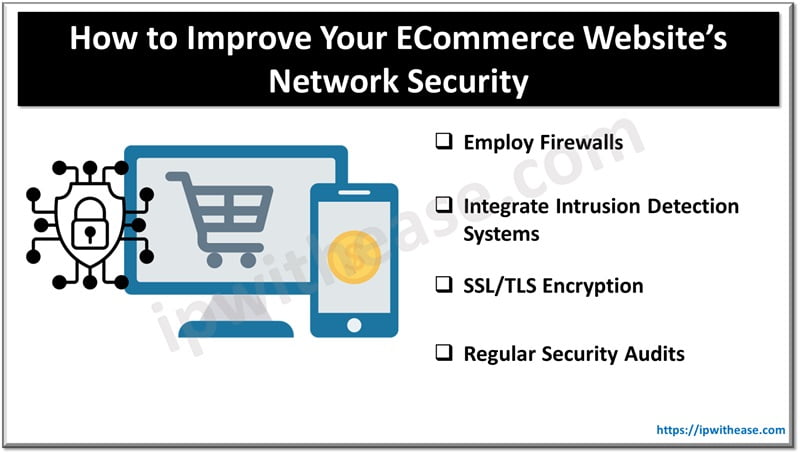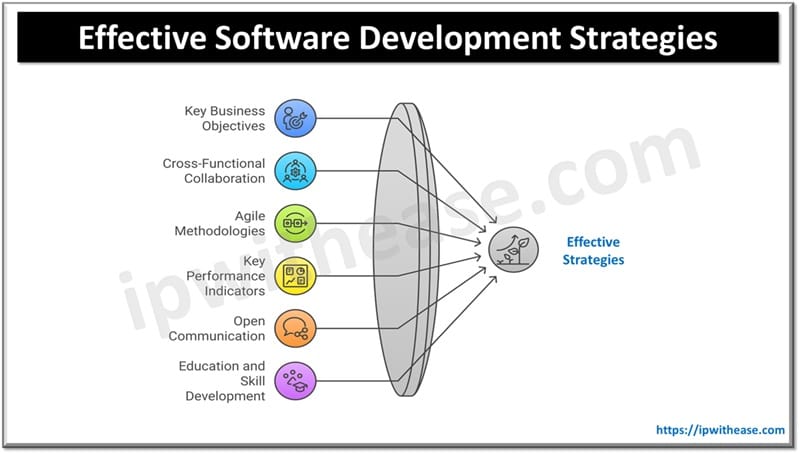Table of Contents
Off-page SEO, sometimes known as off-site SEO, is a critical component of any comprehensive SEO strategy. It refers to all the activities conducted outside of a website to improve its ranking on search engine results pages (SERPs). These actions include building high-quality backlinks, leveraging social media signals, and encouraging branded searches. Utilizing professional SEO services can enhance these efforts and significantly boost your site’s authority and visibility.

One of the primary objectives of off-page SEO is to boost a website’s authority and credibility. Backlinks from reputable sources act as endorsements, indicating to search engines that the content is valuable and trustworthy. By focusing on obtaining these quality links, businesses can enhance their site’s visibility and ranking prospects.
In addition to link building, off-page SEO also encompasses activities like content marketing and social media engagement. By distributing content through various channels and generating discussions around it, businesses can amplify their reach and attract more visitors. This external engagement not only drives traffic but also signals search engines about the site’s relevance and popularity, contributing to improved search rankings.
Understanding Off-Page SEO
Off-page SEO enhances a website’s search engine rankings through activities conducted outside the site itself. Key elements include link building to increase authority, social signals and brand mentions for engagement, and E-A-T (Expertise, Authoritativeness, and Trustworthiness) to establish credibility.
The Importance of Link Building
Link building is a crucial off-page SEO tactic. It involves acquiring hyperlinks from other websites to your own. These backlinks are essential because search engines like Google see them as votes of confidence.
High-quality backlinks from reputable sources can significantly boost a website’s authority. Not all links are equal; backlinks from authoritative sites carry more weight. Hence, creating valuable content that other sites want to link to is vital.
Social Signals and Brand Mentions
Social signals refer to the activity on social media platforms that indicate user engagement and interest. Likes, shares, tweets, and comments count as social signals and can influence SEO.
Brand mentions are also critical. These occur when other websites or users mention your brand name, even without linking directly to your site. Both signals and mentions help in improving online visibility and brand authority. Active social media engagement encourages brand mentions and drives traffic.
E-A-T: Expertise, Authoritativeness, and Trustworthiness
E-A-T stands for Expertise, Authoritativeness, and Trustworthiness. These elements are essential for ranking well on search engines. Google’s algorithm considers these factors to determine the quality of content on a website.
Expertise involves possessing and demonstrating knowledge in a specific field. Authoritativeness refers to the credibility a site gains from other reliable sources. Trustworthiness indicates whether users can trust the information provided. High E-A-T standards can lead to better search rankings and a stronger online presence.
Strategies for Implementing Off-Page SEO

Off-page SEO includes essential strategies to enhance your site’s authority and attract more visitors. Effective methods include content marketing, guest blogging, forging relationships with influencers, and managing your brand’s online reputation.
Content Marketing and Guest Blogging
Content marketing is a cornerstone of off-page SEO. By generating high-quality, valuable content, you can attract backlinks, improve search rankings, and gain visibility. Blog posts, infographics, and videos are examples of content that can engage users and encourage sharing.
Guest blogging is another powerful tactic. Publishing content on reputable sites expands your reach and builds your authority. Aim to contribute insightful articles to industry-relevant blogs, ensuring that you include well-placed, contextual links back to your site.
Building Relationships with Influencers
Influencers can elevate your off-page SEO efforts. Building relationships with well-respected figures in your niche can enhance your credibility and extend your content’s reach. Start by identifying key influencers who align with your brand values and audience.
Engage with them authentically through comments, shares, and mentions. Over time, collaborations or shout-outs from influencers can result in valuable backlinks and traffic. The goal is to establish mutually beneficial relationships that foster trust and authority.
Managing Your Brand’s Online Reputation
Your brand’s online reputation significantly affects SEO. Monitoring and managing online reviews, social media mentions, and forum discussions is critical. Tools like Google Alerts and social listening platforms can help track your brand mentions across the web.
Respond promptly and professionally to feedback, both positive and negative, to show that you value customer input. Encouraging satisfied customers to leave positive reviews can also strengthen your online presence. Consistently managing your reputation ensures sustained trust and improved search visibility.
Measuring Off-Page SEO Impact
Effectively measuring the impact of off-page SEO involves leveraging various SEO tools and analyzing backlinks. Ensuring the quality of your backlink profile is critical to understanding your site’s authority and influence.
Using SEO Tools and Analytics
SEO tools are essential for measuring off-page SEO performance. Platforms like Moz, Semrush, and Ahrefs offer in-depth insights.
They track metrics such as referring domains, backlink growth, and anchor text distribution. These tools also help identify brand signals by analyzing mentions across the web.
Google Analytics is another crucial tool. It helps evaluate traffic sources and the effectiveness of off-page activities like social media campaigns and guest posts. Regularly monitoring these metrics can reveal which strategies drive the most significant results.
Monitoring Backlink Profile Quality
Quality backlinks are a cornerstone of off-page SEO. Evaluating link profiles involves looking at the authority of referring domains, relevance of the backlinks, and anchor text diversity.
Using tools like Ahrefs and Semrush, SEO professionals can assess the domain rating and spam score of incoming links. Google places higher value on backlinks from reputable sites, so high-quality backlinks are crucial.
Regularly auditing your link profile can help detect potential issues such as spammy links. This proactive approach ensures the strength and credibility of your backlink portfolio.
Advanced Off-Page SEO Tactics

Advanced off-page SEO tactics can significantly enhance your website’s visibility and authority. These methods focus on broken link building, shareable infographics and videos, and leveraging local SEO with Google Business Profiles.
Leveraging Broken Link Building
Broken link building involves identifying broken links on other websites and proposing your content as a replacement. These tactics can boost your backlink profile.
First, use tools like Ahrefs or Moz to identify broken links in your niche. Then, create or ensure you already have content that matches the topic of the broken link. Reach out to the website owner and suggest your link as a replacement, often highlighting the mutual benefit.
Consistency in efforts and a personal touch in your outreach messages can enhance success rates. Broken link building not only increases backlinks but also contributes to organic traffic growth.
Creating Shareable Infographics and Videos
Infographics and videos are highly shareable content formats that attract backlinks and encourage social media shares. Quality visual content can also significantly enhance user engagement.
To create impactful infographics, focus on presenting valuable data and insights in a visually appealing manner. Tools like Canva and Piktochart are useful for creating professional-looking infographics. Videos, on the other hand, should be engaging and informative, covering trending topics or evergreen content.
Promote your visual content through social media, guest blogs, and influencer partnerships. These efforts can help your content reach a broader audience, increasing both visibility and backlinks.
Engaging with Local SEO and Google Business Profile
Local SEO initiatives aim to enhance your presence in local search results. Optimizing your Google Business Profile is critical for local SEO success, as it can improve your visibility in local searches and drive organic traffic.
Start by claiming and verifying your Google Business Profile. Ensure all information is accurate and complete, including address, phone number, business hours, and categories. Encourage satisfied customers to leave reviews, as positive reviews can significantly impact local search rankings.
Additionally, engage with local community websites and directories. Participate in local events or sponsor local activities, which can lead to mentions and backlinks from reputable local sources. These actions collectively build local authority and improve your website’s ranking in localized search results.
ABOUT THE AUTHOR
IPwithease is aimed at sharing knowledge across varied domains like Network, Security, Virtualization, Software, Wireless, etc.



